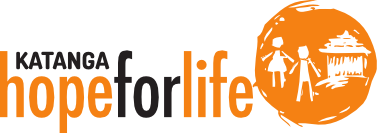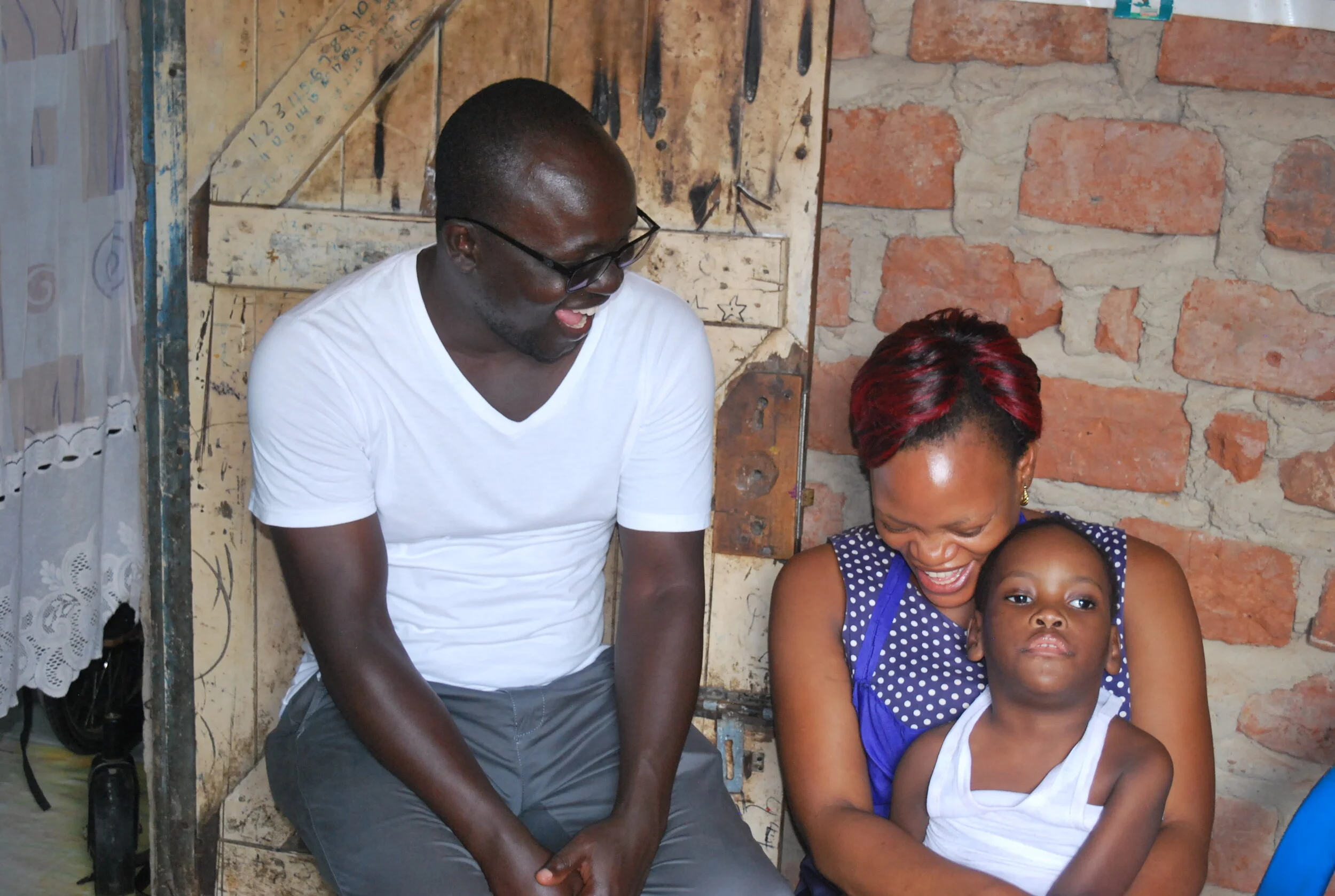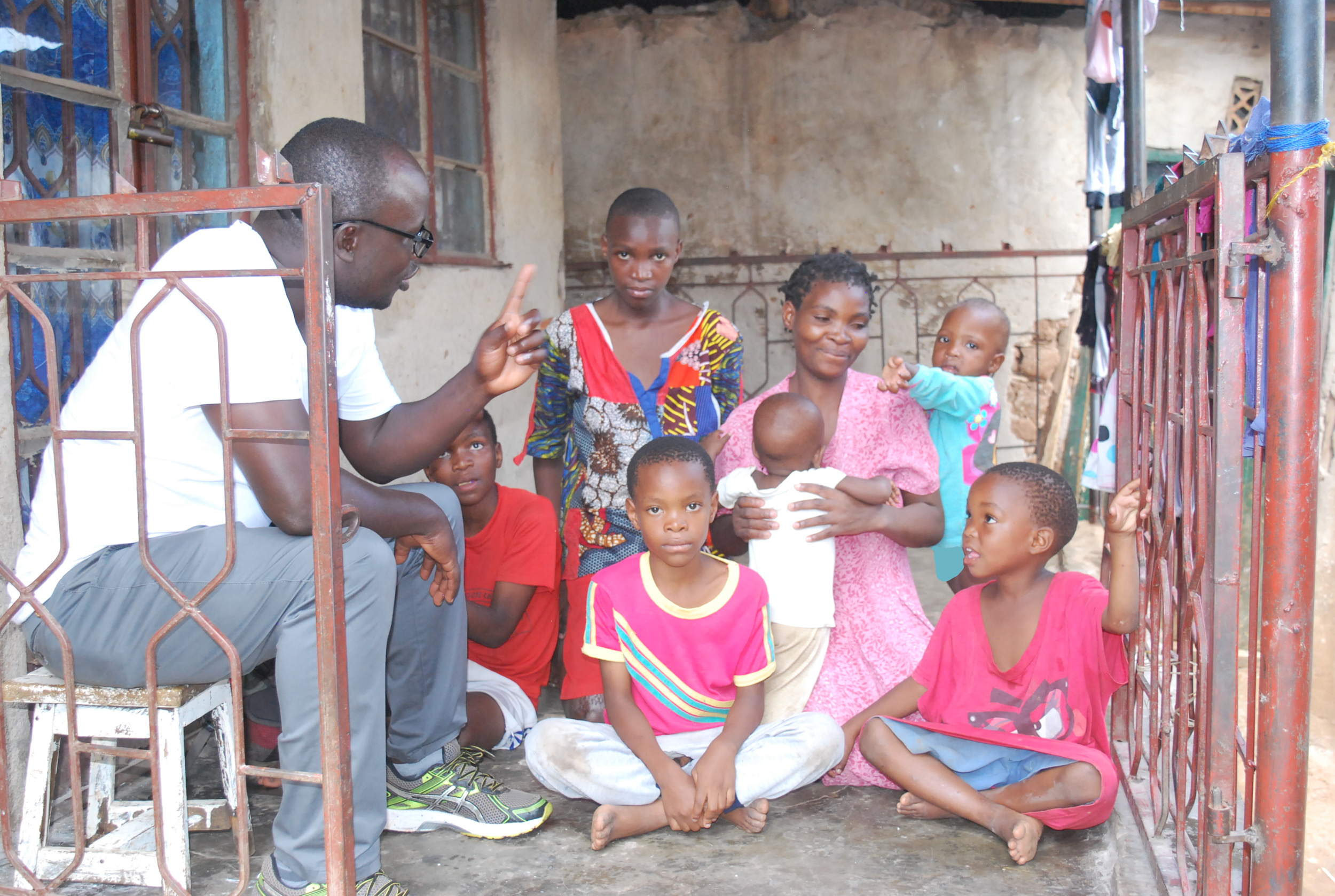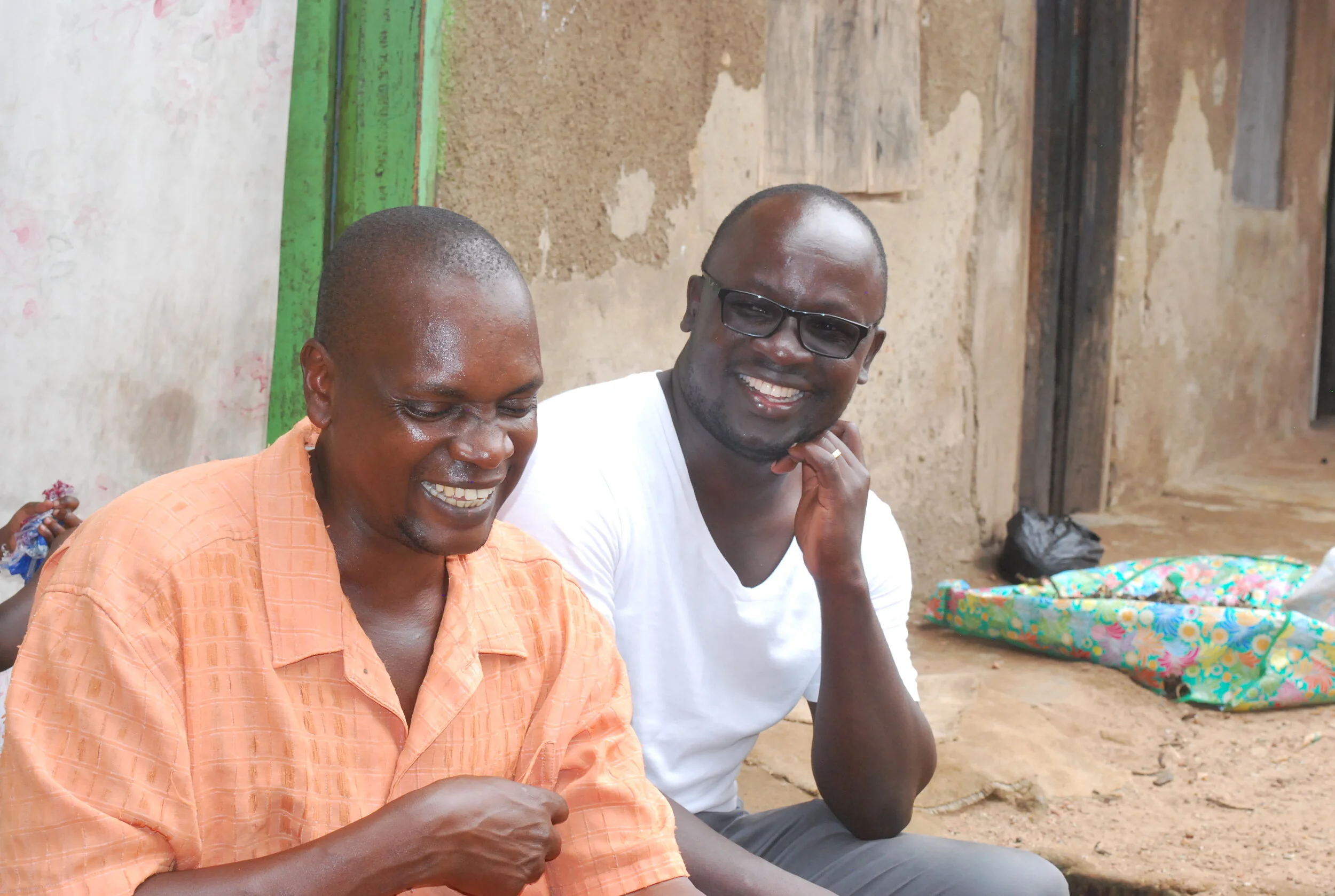Impact of Coronavirus - 6 weeks on
In Uganda
President Museveni implemented a mandatory lockdown in Uganda after 33 cases of Covid-19 were confirmed on the 31st March. Since then the country has had to stop all but essential travel, schools and businesses have been closed, with orders for everyone to stay in their homes, isolating to stop the spread of Covid-19.
Over the last few weeks, the country has been moved into partial lockdown, despite new cases being identified each day. The restrictions have limited the spread of the virus. Of the 139 confirmed cases of Covid-19 in the country up until today, 55 people have recovered and there have fortunately been zero deaths.
Following the government’s swift lock down of Uganda’s borders and enforcing other restrictions, they were also able to provide emergency food packages to many homes who were deemed particularly in need. As of yet there have been no firm dates for when Uganda will ease certain restrictions further, including education, public & private transport and commerce. As a result, many are still struggling to provide for their families, without their regular income.
IN KATANGA
Hope for Life works with 75 families in Uganda. With your help we have been able to provide food & hygiene packages to all those we work with. At the beginning of lockdown, we were also able to distribute hundreds of leaflets to homes throughout Katanga, providing guidance on how to prevent the spread of the virus.
Francis (Director, Hope for Life) regularly speaks with those we work with during this period, either on the phone or in person (when safe to do so). He caught up this week with a few families to find out how they are getting on, six weeks after the President enforced restrictions, preventing individuals and families from working as they had before.
DOREEN
Doreen is a mother of five and was a hairdresser pre-lockdown.
Last week we spoke to Robert, Doreen’s partner, when he described not being able to afford the three meals a day they were having previously. Things are still similar now. Although Doreen adds that she is thankful for the little money she had been able to save each month. These savings, combined with the support from HFL and the small money she earns from selling local gin, has helped to sustain her family.
The government were able to follow up their promise by providing food to those particularly in need of supplies during this time, although there are many reports complaining that the food provided was poor quality and ‘not fit for human consumption’.
Despite the challenges and fear of the long term implications of Covid-19 in Uganda, Doreen and her family are able to keep their spirits up.
Florence
Three of Florence’s eight children are currently being sponsored into school by Hope for Life. Until 2017, the eldest sibling was also supported through HFL, when he then became a full-time apprentice as a car mechanic.
Even before the pandemic, Florence was struggling to earn a decent income to support her family because there was too much competition in her work selling chips. Both her and her husband’s income have stopped during this past six weeks. They have relied on the government food provision, support from HFL, as well as handouts from a number of other well-wishers. At the beginning of lockdown, Florence’s eldest was also able to provide the family with 10kg of maize flour from his earnings.
Florence reflects on the importance of saving money, “I have learnt that I need to take the discipline of saving money seriously. Before Covid-19, I would save but if I got a need, I would immediately spend my savings. So the lockdown found me with no savings at all. I have learnt that I should always save and not use my savings for anything except emergency situations like this lockdown.”
IBRahim
Ibrahim is the caretaker of one of the four public toilets in Katanga. At any moment in the day you are likely to see Ibrahim sitting on a stool at the entrance of the concrete structure, exchanging a few sheets of toilet roll in exchange for a few hundred Ugandan Shillings. Although residents still use the toilets, Ibrahim’s income has dropped because of the greatly reduced footfall through Katanga’s alleys.
Pre-pandemic, Ibrahim had been talking with Francis and HFL staff about potential of training to becoming a barber. He had seen the success we have had guiding young adults and parents through vocational training into employment. “I had plans of acquiring skills as a barber but I had to shelve those because barbers are not allowed to operate in this period of the lockdown” Ibrahim explained.
Ibrahim, like Florence, talked of the need to prioritise the discipline of saving some money aside in the future. Saving can be hard to prioritise when there are so many other immediate needs to be mindful of, medication, food, school fees, bills etc.
As and when the government start to lift the current restrictions, we will work with Ibrahim on supporting him into vocational training and in saving practices.
Francis this week distributed further donated funds, enabling families to buy more provisions for the next few weeks, as the government enforced restrictions continue for the foreseeable future. Francis also arranged for food to be bought and distributed to those who would have struggled purchasing the necessities required.
We are thankful to our supporters who have been able to help in our response so far. These are difficult times for us globally but we are confident that remaining steadfast in our support for each other will will benefit Katanga, and communities around the world, as we navigate through this crisis.
As and when the government ease the restrictions in the country, our next challenge will be to support families back into earning an income. Many have lost jobs and even spent savings that they had set aside for additional capital for expanding their business. Please donate today to help kick-start a career after Covid-19.







